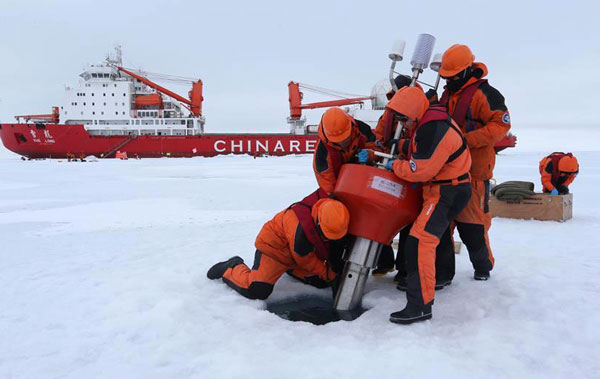How the single market got in the way of our art market
The UK art market is one of the big three in the world, coming second after New York and a little ahead of Hong Kong/Shanghai. 98% of the world’s expensive paintings are sold through one of these three markets.These 3 account for 81% of total world art market turnover between them.
Only 3% of the UK’s art exports go to the rest of the EU. Imports from there account for 16% of the total. The EU has imposed two extra costs on the London market not charged to clients of New York or China. One is a VAT on imports. The other is the living artists levy on a re sale.
In typical EU fashion they have invented rules and taxes that make an EU based market less attractive. London has lost some market share to New York and China as a result. It has not helped continental centres. The UK has 21% of the global overall market, and 62% of the European market.
Once we have left the EU the UK could cut the costs imposed. The VAT has cost us some business, but collects very little tax as a result.
It would be good to hear more from other media about the opportunities for us to do better out of the EU in sectors we are good at or have a natural advantage in. I have talked about fishing before, and agriculture is another obvious one. The Art market is an excellent example of something we are good at, something which generates well paid jobs with a high level of training and interest. Out of the EU we can help it grow faster.
read more

